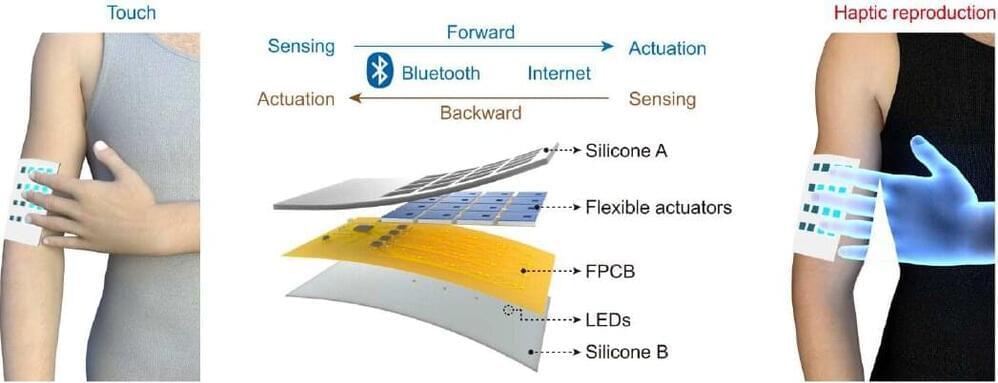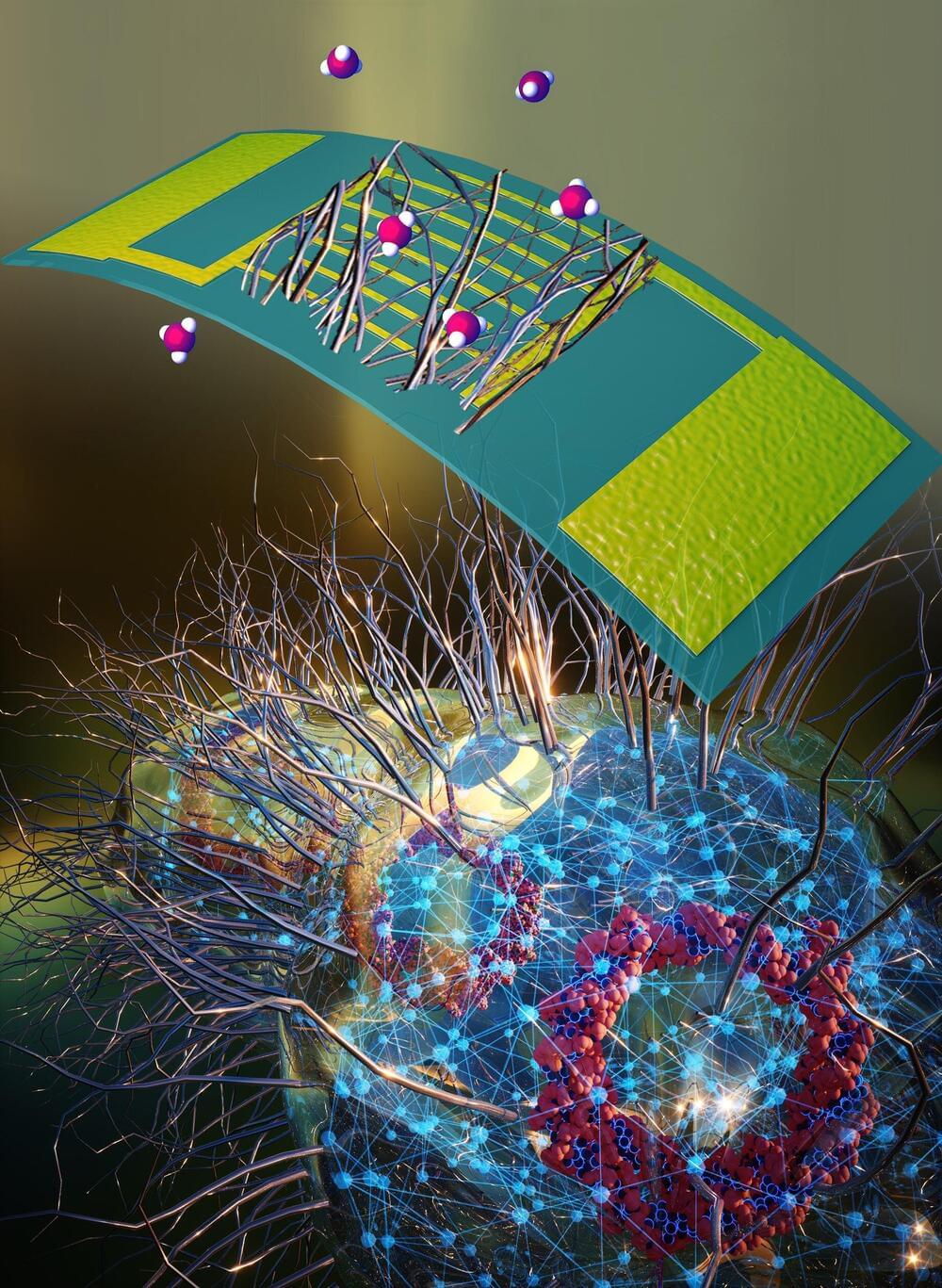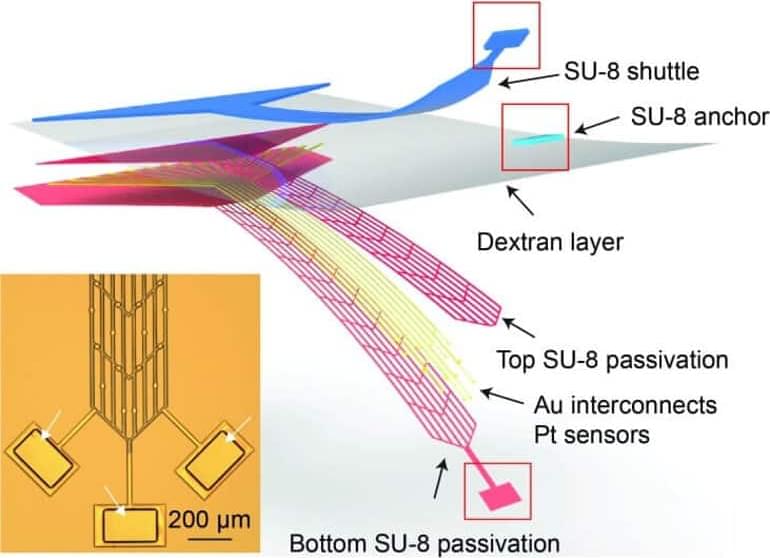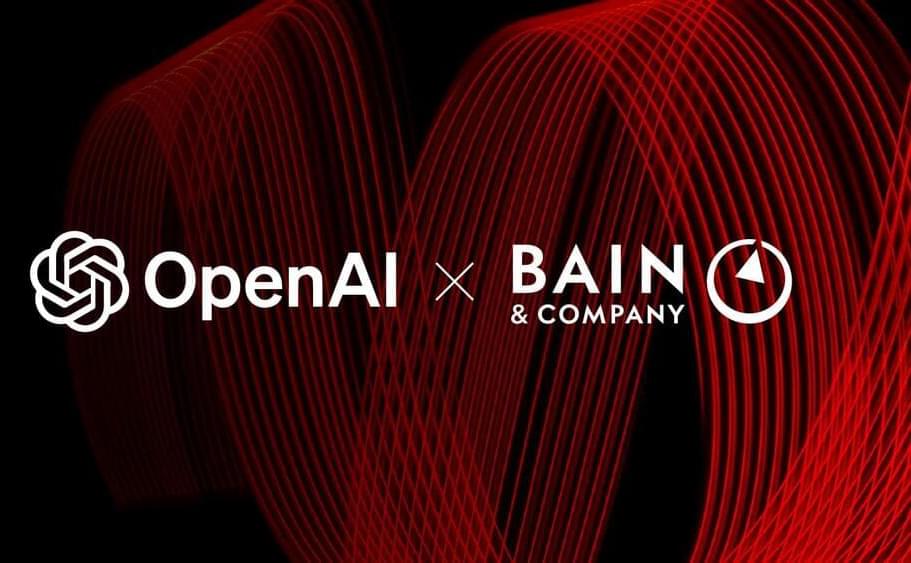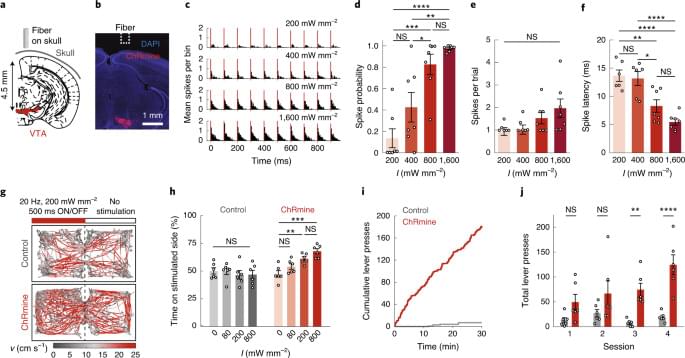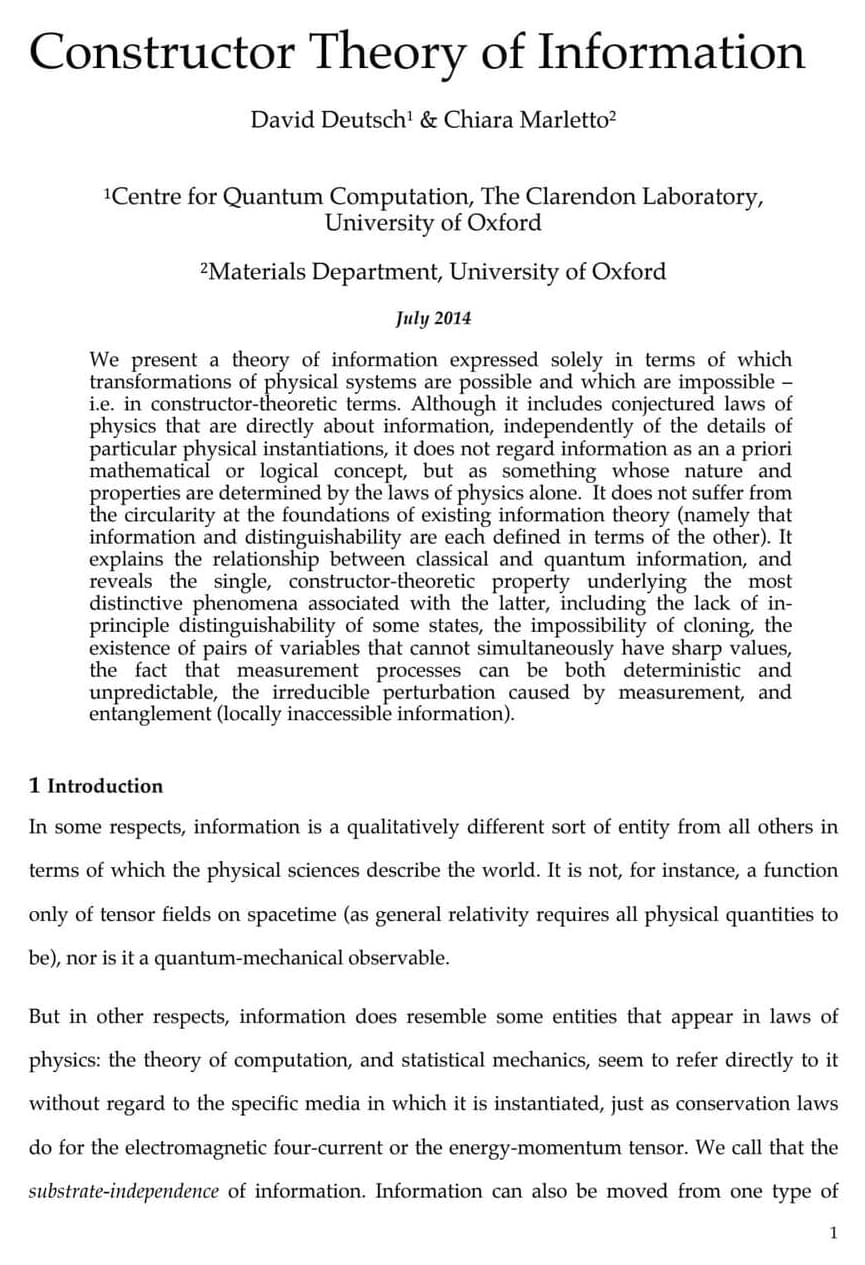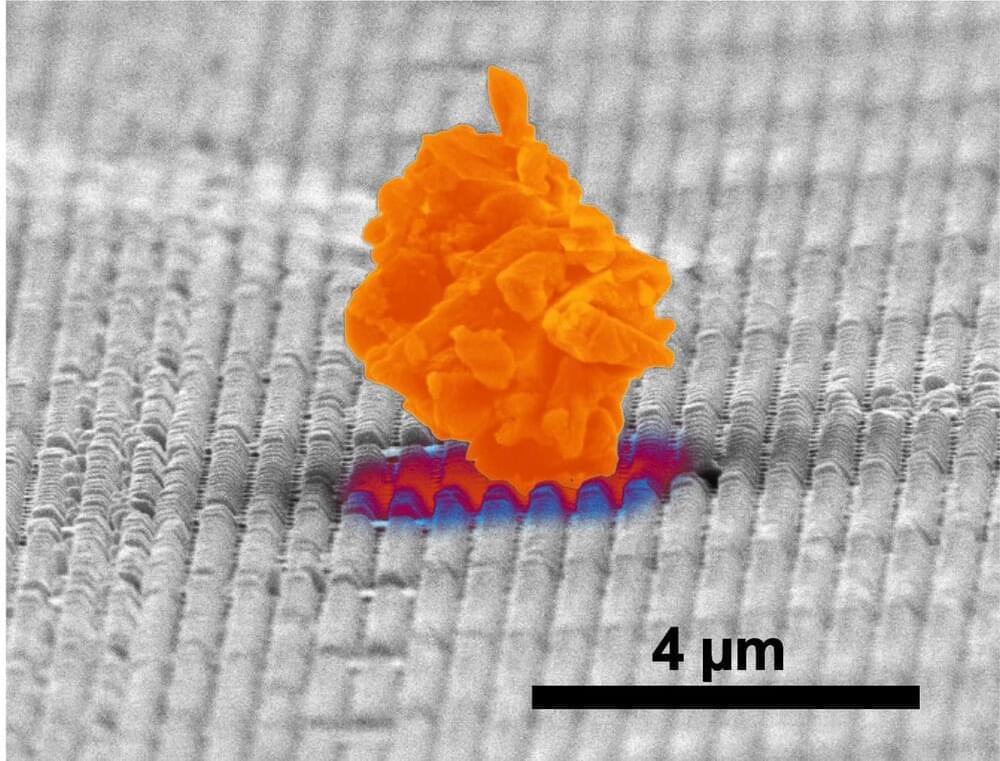Feb 23, 2023
Wireless, soft e-skin for interactive touch communication in the virtual world
Posted by Jose Ruben Rodriguez Fuentes in categories: augmented reality, biotech/medical, engineering, internet, virtual reality
Sensing a hug from each other via the internet may be a possibility in the near future. A research team led by City University of Hong Kong (CityU) recently developed a wireless, soft e-skin that can both detect and deliver the sense of touch, and form a touch network allowing one-to-multiuser interaction. It offers great potential for enhancing the immersion of distance touch communication.
“With the rapid development of virtual and augmented reality (VR and AR), our visual and auditory senses are not sufficient for us to create an immersive experience. Touch communication could be a revolution for us to interact throughout the metaverse,” said Dr. Yu Xinge, Associate Professor in the Department of Biomedical Engineering (BME) at CityU.
While there are numerous haptic interfaces in the market to simulate tactile sensation in the virtual world, they provide only touch sensing or haptic feedback. The uniqueness of the novel e-skin is that it can perform self-sensing and haptic reproducing functions on the same interface.
